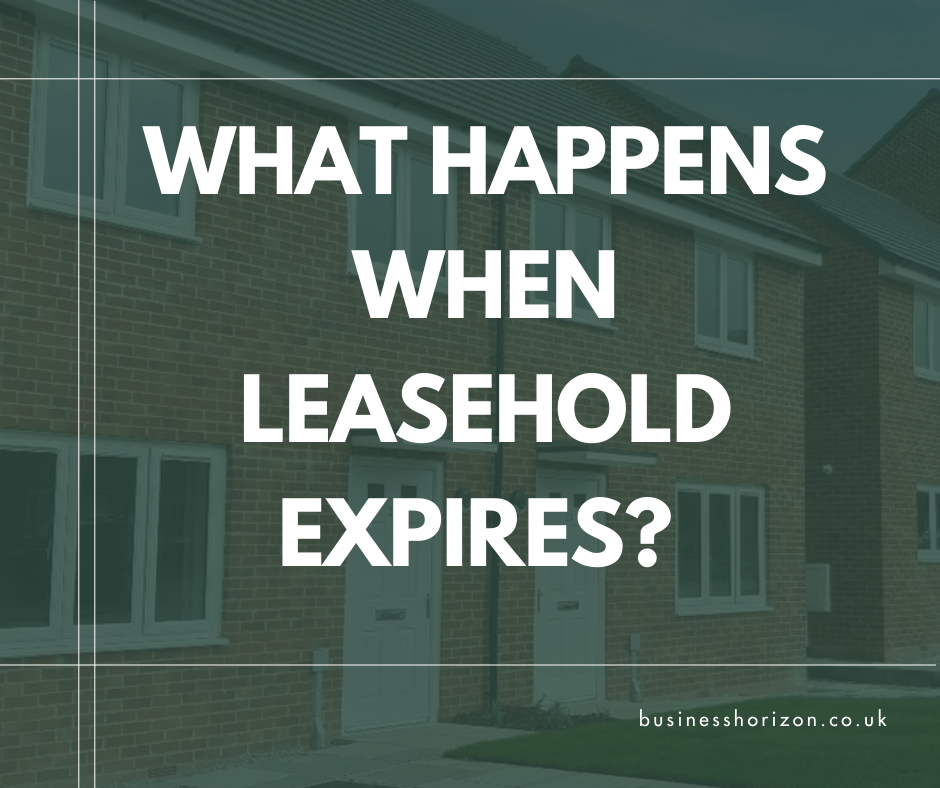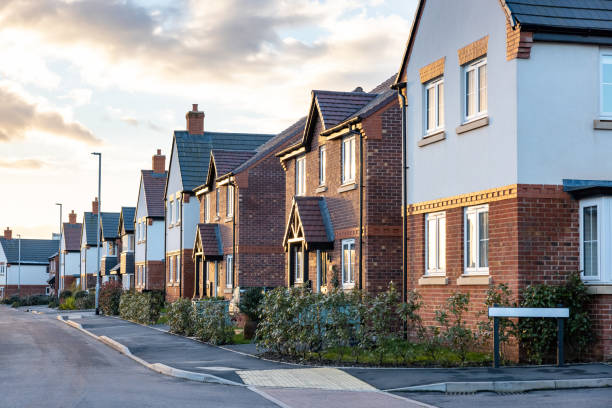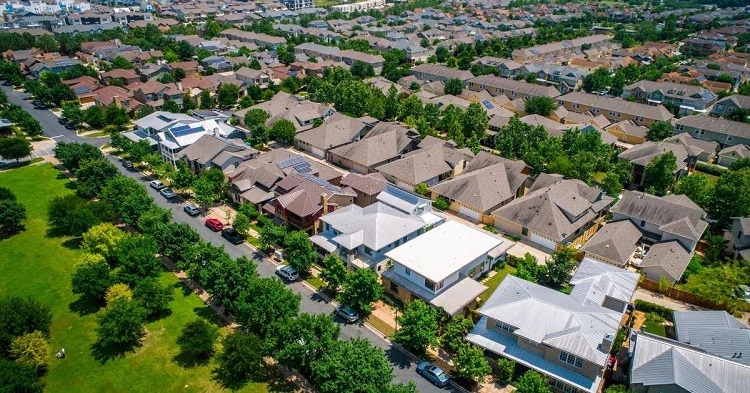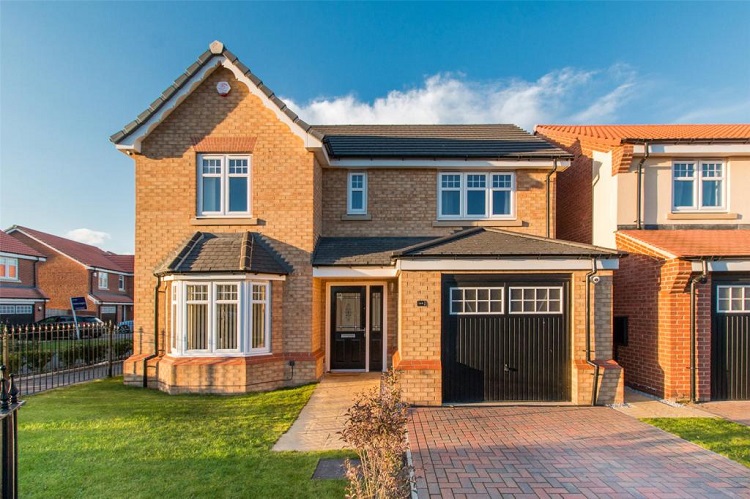Picture this. You’ve bought a flat. You’ve spent years making it yours, repainting the walls, fixing dodgy plumbing, dealing with noisy neighbours. Then someone mentions the lease. You check, and there’s only 65 years left on it. You panic a bit. What does that actually mean? And worse, what happens if that number hits zero?
You’re not alone if this all feels confusing. Leasehold property is one of those things that sounds simple until you start scratching the surface. But don’t worry, we’re going to break this down properly.
The Basics: What Is a Leasehold, Anyway?
If you’ve bought a leasehold property, it means you own the right to live in it for a set number of years. You’re not buying the land it sits on. That still belongs to the freeholder. Most flats are leasehold, but some houses are too.
That lease might have started at 999 years, 125 years, or even just 99 years. But over time, it ticks down, and if you ignore it, it can end up costing you money.
So, What Happens as It Gets Low?
When your lease drops below 80 years, things start to shift. Mortgage lenders may become reluctant to lend. You might struggle to sell because potential buyers get nervous. Plus, extending the lease becomes more expensive due to something called “marriage value” (we’ll get to that).
At 60 years or under, you’re in trickier territory. The property’s value can start to fall. Some lenders might refuse mortgages altogether. Basically, you’re holding something that’s harder to sell, harder to finance, and heading towards expiry.
But hitting zero? That’s a whole other story.
What Happens When It Hits Zero?
Once a lease runs out, you stop being the leaseholder. The property reverts to the freeholder. Yes, seriously. You don’t own your flat anymore. Not legally, anyway.
You might still be living in it, but at that point, you’re basically a tenant without any formal agreement. The freeholder doesn’t have to let you stay. If they want to take back possession, they can. They could offer a new lease, but they might charge heavily for it.
Some people think you automatically get kicked out. That’s not always the case, but the reality is you no longer have the right to live there unless the freeholder agrees.
Can You Prevent This?
Absolutely. You can extend your lease. In fact, you should long before it hits the danger zone. If you’ve owned the property for two years, you can formally ask for an extension under the Leasehold Reform Act.
You usually get 90 extra years added to your current lease. The cost depends on how long is left on the lease and the value of the property. The lower the lease, the pricier it gets.
Once it’s under 80 years, that marriage value I mentioned kicks in. Basically, it means you have to share any future value increase with the freeholder. That bumps up the cost significantly.
It’s also worth knowing that the process takes time. Several months, in some cases. It’s not something you sort out last minute.
What If You Can’t Afford to Extend?
Not everyone can stump up the cash for a lease extension, especially if they’ve left it late. In that case, you’ve got a few possible paths.
You might be able to negotiate informally with the freeholder. This skips the legal process, and sometimes you can get a better deal, though there’s no legal protection if things go sideways.
Another option is buying the freehold, if you’re in a block where half the leaseholders agree to it. That’s called collective enfranchisement. But it can get complicated and expensive, depending on the building and how many people are involved.
There’s also the government’s ongoing efforts to reform the leasehold system. But for now, leaseholders still need to work within the current rules.
Why Doesn’t Everyone Just Extend Early?
Some people don’t realise how leases work. Others assume it’ll sort itself out when they sell. And many are just put off by the cost or hassle.
Thing is, extending early saves money in the long run. A flat with a 90-year lease is way easier to sell or remortgage than one with 74. Plus, there’s no marriage value to deal with yet.
It’s one of those classic cases where acting early really does help.
Is There a Safety Net?
Not really. Once the lease hits zero, unless your freeholder is feeling generous, you could lose everything you’ve put into the property.
There’s no automatic right to renew at that point. You’re relying on the goodwill of whoever owns the freehold. If they want to redevelop or raise the rent sky-high, they can.
It’s tough, but that’s how the legal setup works right now.
How Do You Check Your Lease?
Start by digging out your lease agreement. It’ll say how long the lease was when it started. Then you subtract the number of years that have passed.
If you’re not sure or you can’t find the paperwork, your solicitor should be able to help. Or you can ask the Land Registry for the information. It’s not free, but it’s not wildly expensive either. If the number is under 90, it’s time to start thinking about your options.



